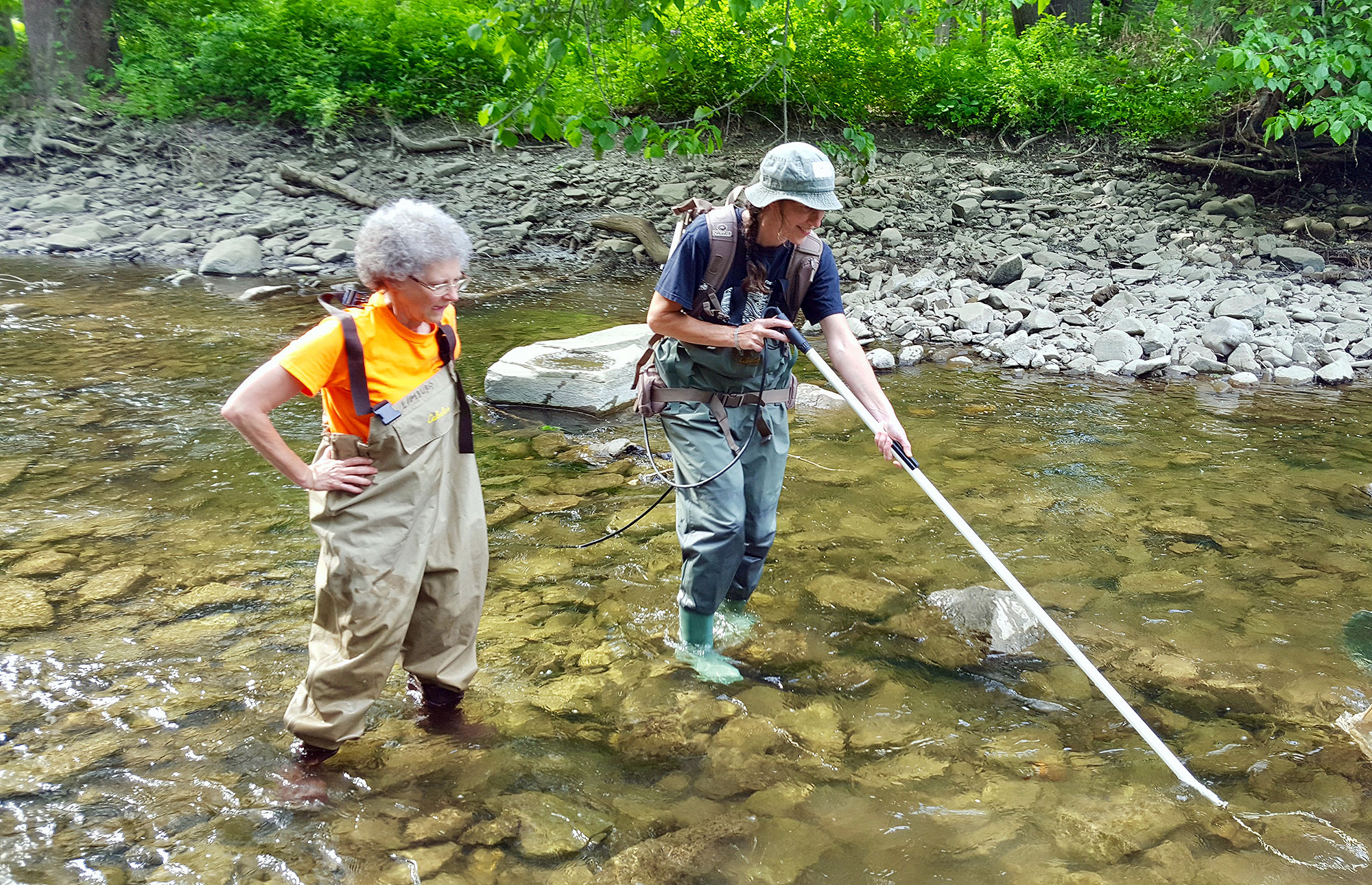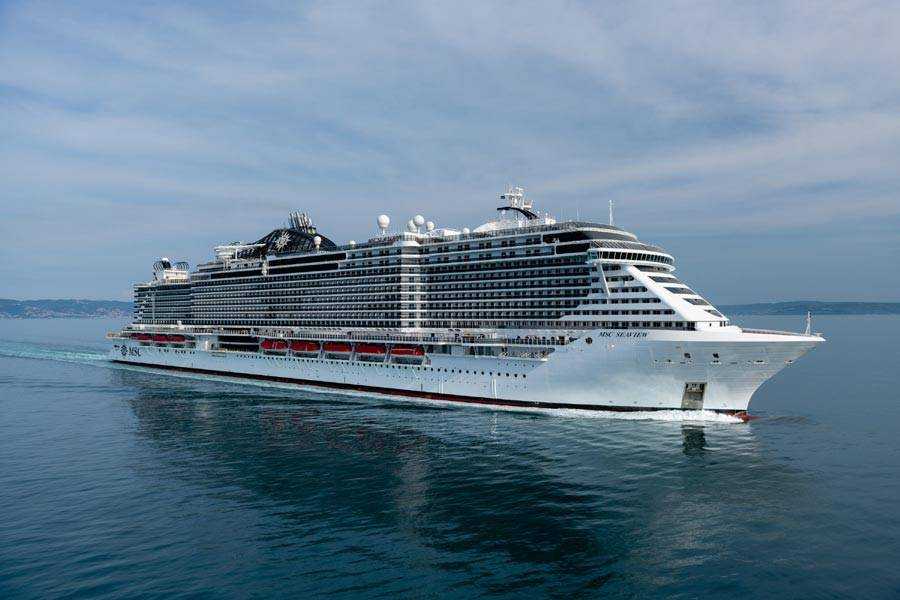MOSCOW (AP) – Russia’s top diplomat on Friday said Moscow would not start a war but warned it would not allow the West to trample on its security interests amid fears of invading Ukraine.
US President Joe Biden had warned the Ukrainian President a day earlier that there was a “clear possibility” that Russia could take military action against its neighbor in February.
“There will be no war as far as it depends on the Russian Federation, we don’t want war,” Foreign Minister Sergei Lavrov said in a live interview with Russian radio stations. “But we don’t grossly trample on and ignore our interests.”
Tensions have been rising in recent weeks, and the United States and its NATO allies fear the concentration of some 100,000 Russian troops near Ukraine heralds Moscow’s intent to attack the former Soviet state. Russia has repeatedly denied having any such plans but has demanded that NATO pledge that Ukraine will never be allowed and that the alliance withdraw the deployment of troops and military equipment in Eastern Europe.
The US and NATO formally rejected those demands this week, although Washington outlined areas where discussion is possible and perhaps a path to de-escalation.
Russia’s official response to these proposals — and the final decision on an invasion — rests with President Vladimir Putin, but the Kremlin has so far struck a grim note, saying there is “little reason for optimism.”
Lavrov noted Friday that the US suggested the two sides could talk about limitations on the use of intermediate-range missiles, limitations on military exercises and rules to prevent accidents between warships and aircraft. He said Russia suggested discussing these issues years ago — but Washington and its allies have never taken them up until now.
While calling American offers of dialogue on confidence-building measures reasonable, he stressed that Russia’s main concern is to stop NATO expansion and the stationing of Alliance weapons near Russia’s borders. He pointed out that international agreements say that one nation’s security must not come at the expense of another – and that he would send letters urging his Western counterparts to live up to that obligation.
“They will have a hard time wriggling out of the answer as to why they are not fulfilling the commitments made by their leaders not to strengthen their security at the expense of others,” he said.
As tensions rose, Washington warned Moscow would face devastating sanctions if it invaded Ukraine, including penalties on top Russian officials and key sectors of the economy. Several senior US officials also said on Thursday that Germany would not allow a newly built pipeline – designed to bring gas directly from Russia – into operation if Russia invaded Ukraine.
Asked about possible sanctions, Lavrov said Moscow had warned Washington that introducing them would amount to a complete severing of relations.
As Moscow and the West consider their next steps, NATO said it is strengthening its deterrence in the Baltic Sea region and the US has placed 8,500 troops on high alert for a possible deployment in Europe.
Russia has launched a series of military exercises involving motorized infantry and artillery units in south-west Russia, fighter jets in Kaliningrad on the Baltic Sea, dozens of warships in the Black Sea and the Arctic. The Russian military has also moved troops to Belarus, which borders Ukraine, to conduct joint drills, raising fears in the West that Moscow could stage an attack from the north.
As concerns of an invasion arise, Ukraine is already wracked with conflict. After toppling a pro-Kremlin president in Kiev in 2014, Moscow annexed Ukraine’s Crimea peninsula and backed an insurgency in the country’s eastern industrial heartland. Fighting between Ukrainian forces and Russian-backed rebels has killed over 14,000 and efforts to reach an agreement have stalled.




